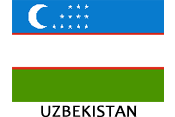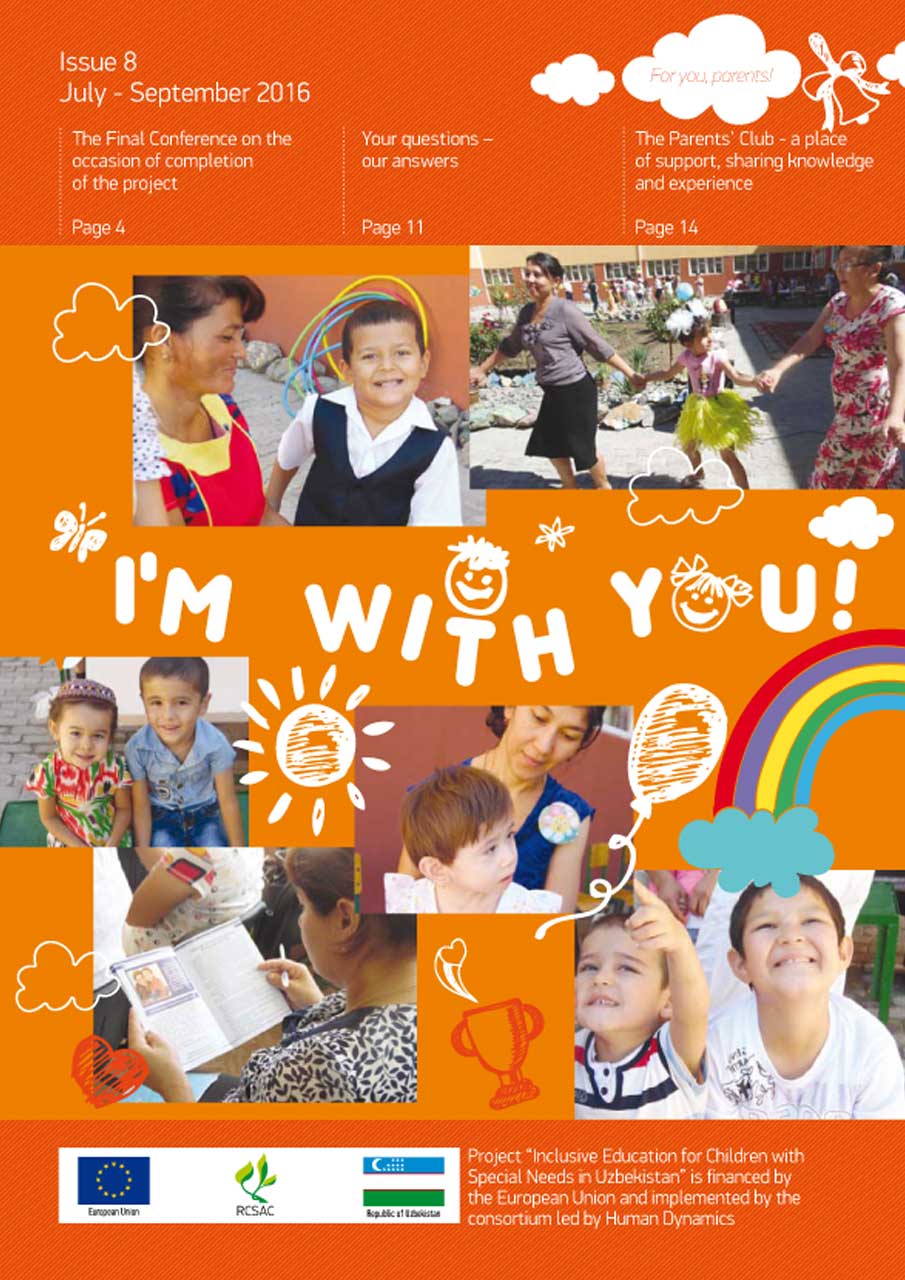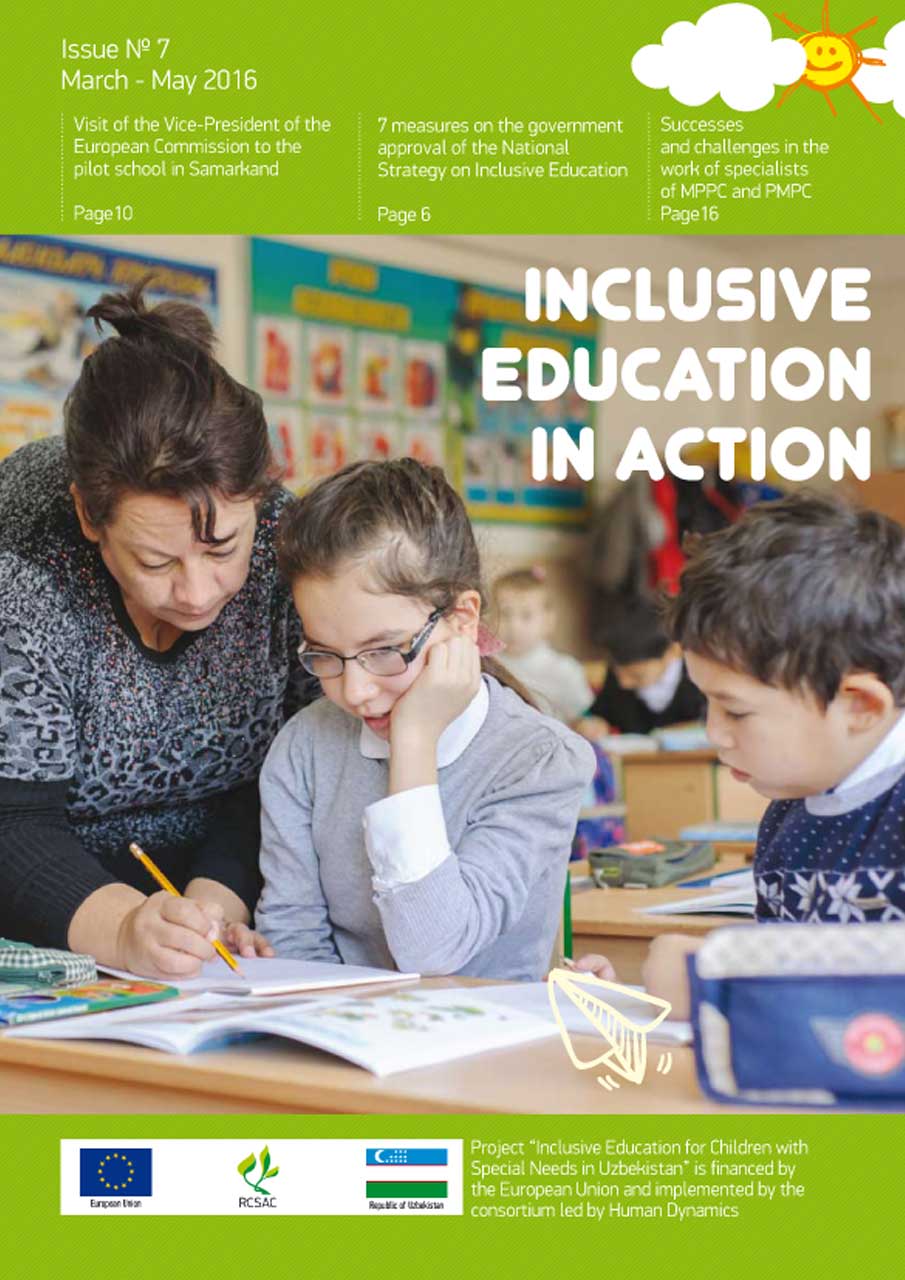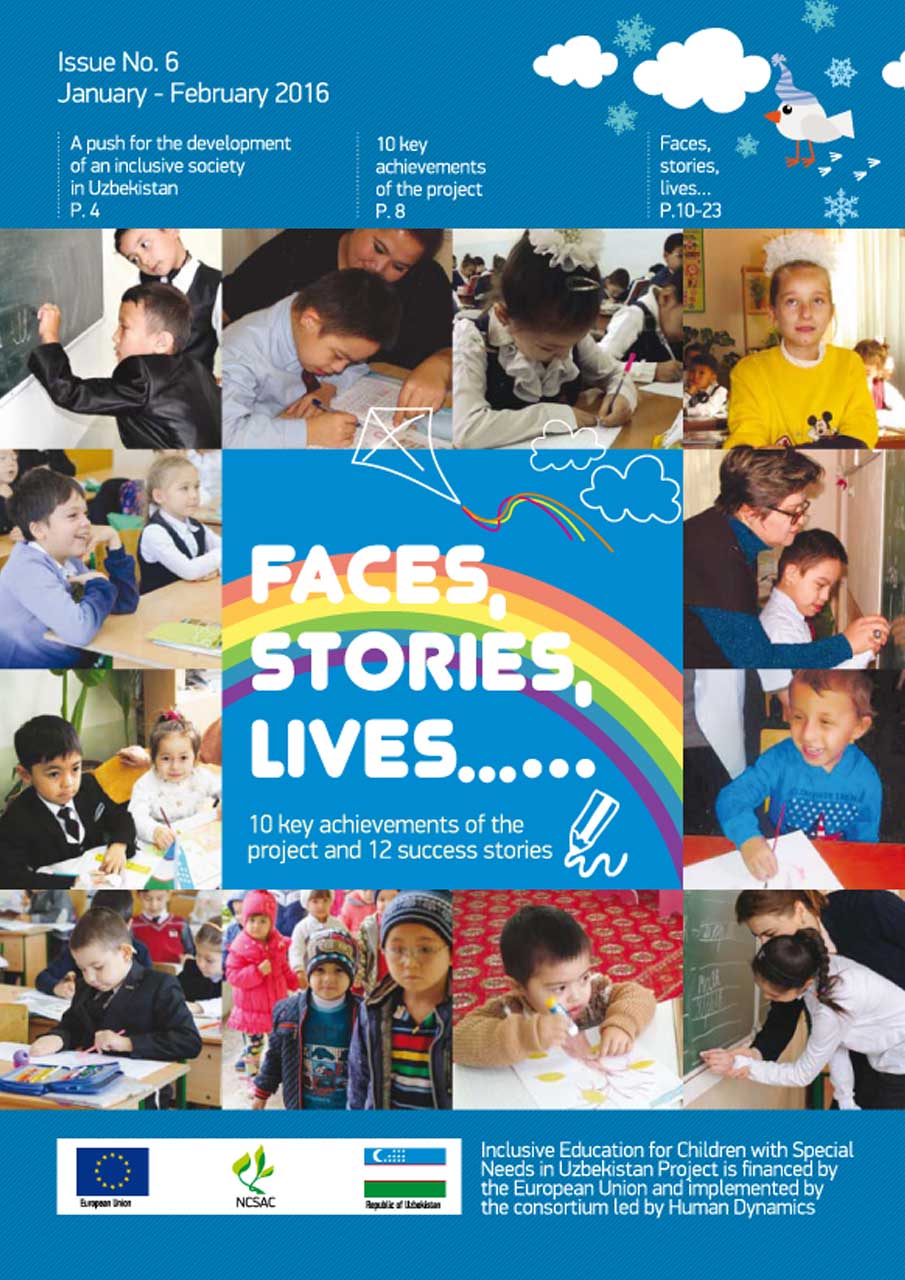Lithuania-where every child is educatable
Organizing study tours to the countries – members of the European Union, where the policy of inclusive education was successfully implemented, introduction to the international success stories of legal frameworks in this sector is amongst the key areas of project activities.
A study tour was organized on September 21-29, 2014. The principle of representation is key for engagement of all stakeholders in the process. The group of 11 participants consisted of the representatives of the Ministry of Education, Ministry of Higher and Secondary Special Education, Ministry of Health, Ministry of Finance, Republican Center for Social Adaptation of Children, and NGOs. It is notable that the programme of the study tour was particularly rich.
15 organizations were planned to be visited in the course of the study tour, including the Ministry of Education of Lithuania, Siauliu University, a number of mass schools and preschool institutions, in order to learn about the activities of parental associations and NGOs as well as the Association of the Special Education Teachers.
Furthermore, all participants of the tour were actively involved in the international conference Training of Teachers for Inclusive Schools and the workshop on.
Who Actually Works in Special and Inclusive Education?
Notably National Policy on Inclusive Education of Lithuania is comprehensive, which is reflected in its overall country strategy as well as financial and administrative frameworks. For example, Educational Action Plan formulated in Lithuania for 2014-2020 is focused on accessibility of inclusive education and quality of multi-professional support for education of children with ..
Furthermore, the Law on Education of Lithuania, State Strategy on Education, envisage provision of pedagogical and psychological support for all children.
As a result of adoption of the series of required laws and their improvement, currently children with special needs in Lithuania are enrolled in the same academic programme in the pre-school and basic school education, considering the individual needs of the child.
Support to “special” children is provided at all levels, technical devices and learning materials are provided.
In order to provide equal opportunities to children living in rural areas and for involvement in the pre-school educational programs as well as for parents to combine family and professional duties, universal multifunctional centers were established in rural areas.
But cooperation and networking must be undertaken not only among the pedagogues. Comprehensive collaboration among families, teachers, and other specialists, colleagues, staff, and professional network with other respective institutions – is amongst essential factors in the education of children with special needs.
According to the project expert Lola Muminova from Tashkent Pedagogical University “For us the experience of Lithuania is a launching pad that we need to strive to. Certainly, Uzbekistan has not yet made the journey that Lithuania has already covered and left behind.
Since 1996 the course on Inclusive Education has been taught only in the defectology faculty at the Tashkent Pedagogical University, but in the framework of this project we need to start this training for all future pedagogues, educators, teachers of primary classes and teachers of specific disciplines”.
The new thing that I discovered for myself is that training and informing future pedagogues on Inclusive Education is feasible without any specifically developed courses or methods. Certainly, facilities of the faculty at Siauliu University and its title Social Well-being and Study of Pathologies could not leave us indifferent.
Publishing
Contact Information
- Офис проекта "Инклюзивное образование для детей с особыми потребностями в Республике Узбекистан"
Республиканский центр социальной адаптации детей
Абдулла Каххар, 34
Ташкент 100100
Узбекистан - Тел: (+99890) 980-82-98
- Email: inklyuzivnoe.obrazovanie@hd-ie.com
List of Parent’s Clubs in Pilot regions:
Parent's Club in Urgench:
Established: September 2015
Number of members: 142 parents
Contact person: Muyassar Ibragimova
Phone: (+998 93) 922-71-22
Parent's Club in Termez:
Established: February 2015
Number of members: 14 parents
Contact person: Maya Ganieva
Phone: (+99891) 580-30-65
Parent's Club in Namangan
Established: May 2015
Number of members: 25 parents
Contact person: Nilufar Hudaykulova
Phone: (+99891)368-05-78
Parent's Club in Samarkand
Established: February 2014
Number of members: 25 parents
Contact person: Rakhmatullaeva Rohat Abdugafarovna – Chairman
Phone: (+998 91) 559-85-21
Parent's Club in Tashkent
Established: September 2015
Number of members: 15 parents
Contact person: RozmetovNasiba
Phone: (+99897) 709-76-18,(+99890 ) 952-06-22






